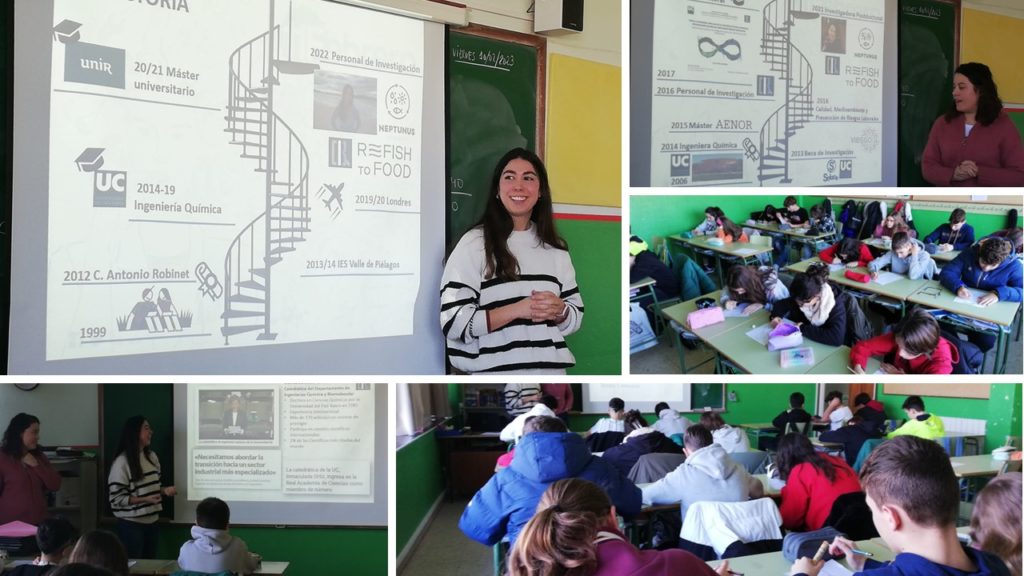11th February
International days and weeks are occasions to educate the public on issues of concern, to mobilize political will and resources to address global problems, and to celebrate and reinforce achievements of humanity. A significant gender gap has persisted throughout the years at all levels of science, technology, engineering, and mathematics (STEM) disciplines all over the world. Even though women have made tremendous progress towards increasing their participation in higher education, they are still under-represented in these fields.
Women and girls represent half of the world’s population and, therefore, also half of its potential. Women accounted for one in three (33%) researchers in 2018. They have achieved parity (in numbers) in life sciences in many countries and even dominate this field, in some cases. However, women remain a minority in digital information technology, computing, physics, mathematics, and engineering. These are the fields that are driving the digital revolution and so, many of the jobs of tomorrow. Those are some of the reasons why, since 2015, we commemorate the 11th of February as the International Day of Women and Girls in Science. This year, the International Day of Women and Girls in Science is focused on the role of Women and Girls and Science as relates to the Sustainable Development Goals (SDGs).
The University of Cantabria, in collaboration with the Government of Cantabria and the Santander City Council, will be hosting activities related to this topic from the 10th of February to the 8th of March, to also commemorate the International Women’s Day.
Gender equality is a core issue for the NEPTUNUS project and to support the celebrations of this important date, last 10th of February the Neptunus team visited the school Antonio Robinet in Vioño (Cantabria). To prove the need of this day commemoration, the secondary students participated in the “Draw A Scientist Test”, where the results showed that when they think about a scientist, they always imagine a person with a laboratory cloak, gloves, and glasses, but hardly ever they think about a female researcher. Students were surprised with the results and agreed that the female visibility must improve. Besides, our researchers presented to secondary students their projects’ outcomes and their personal experiences, to empower girls to go for STEM disciplines and reinforce the idea that talent has no gender.

Gender equality and the empowerment of women and girls will make a crucial contribution not only to economic development of the world, but to progress across all the goals and targets of the 2023 Agenda for Sustainable Development, as well.
If you want to know more about the University of Cantabria celebrations click here.
